The challenges of Germany’s nuclear phase-out
Managing the nuclear legacy – a project into the next century
Contents
Nuclear controversy flares up as Germany shuts down last reactors
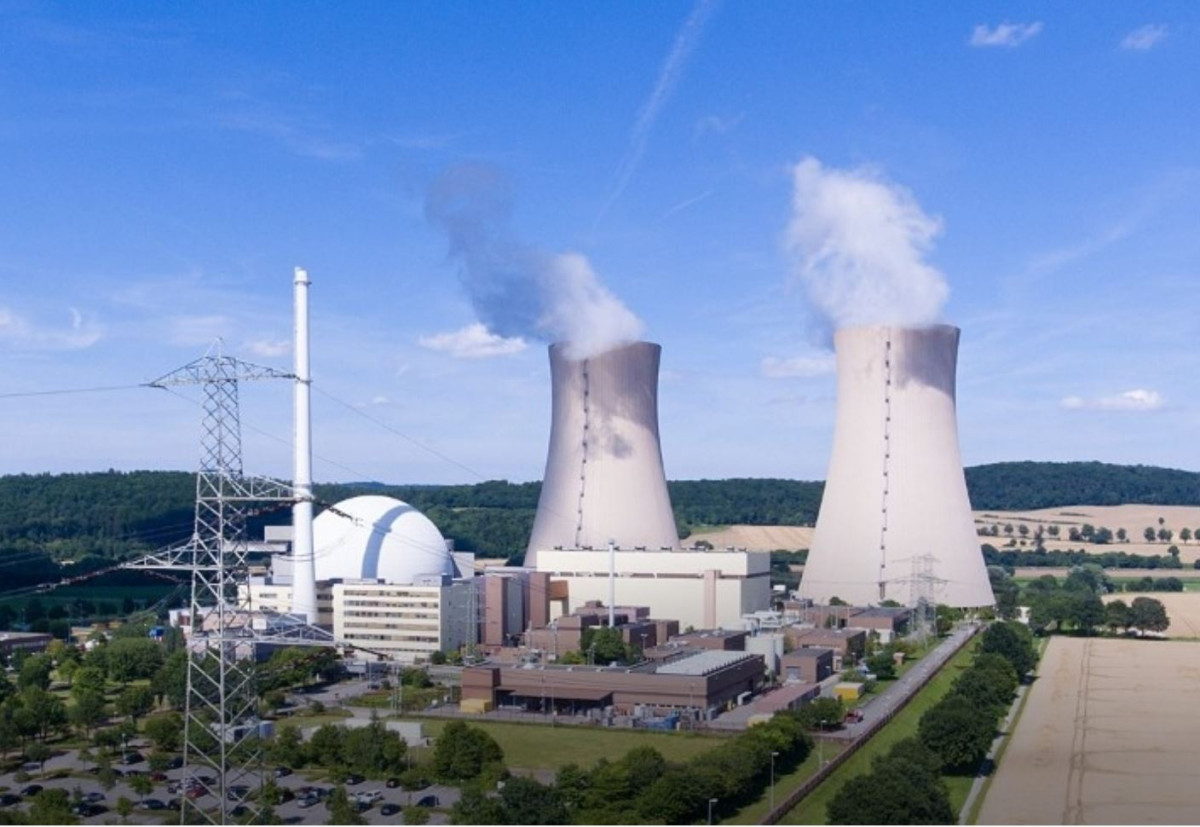
The decade-long debate about the the role of nuclear power in Germany flared up for a last time before the remaining three reactors were shut down on Saturday 15 April. Politicians from government coalition party FDP and the opposition came out against the phase-out, which is also viewed with scepticism by some scientists, parts of industry, and many citizens. Government ministers countered that the attacks during the technology's final week of operation were mainly politically motivated, as power supply security, price stability and the climate targets would not be negatively affected by the phase-out that was agreed in a broad political consensus.
Read the article here.
Germany will complete nuclear phase-out as planned but technology's risks remain - env min
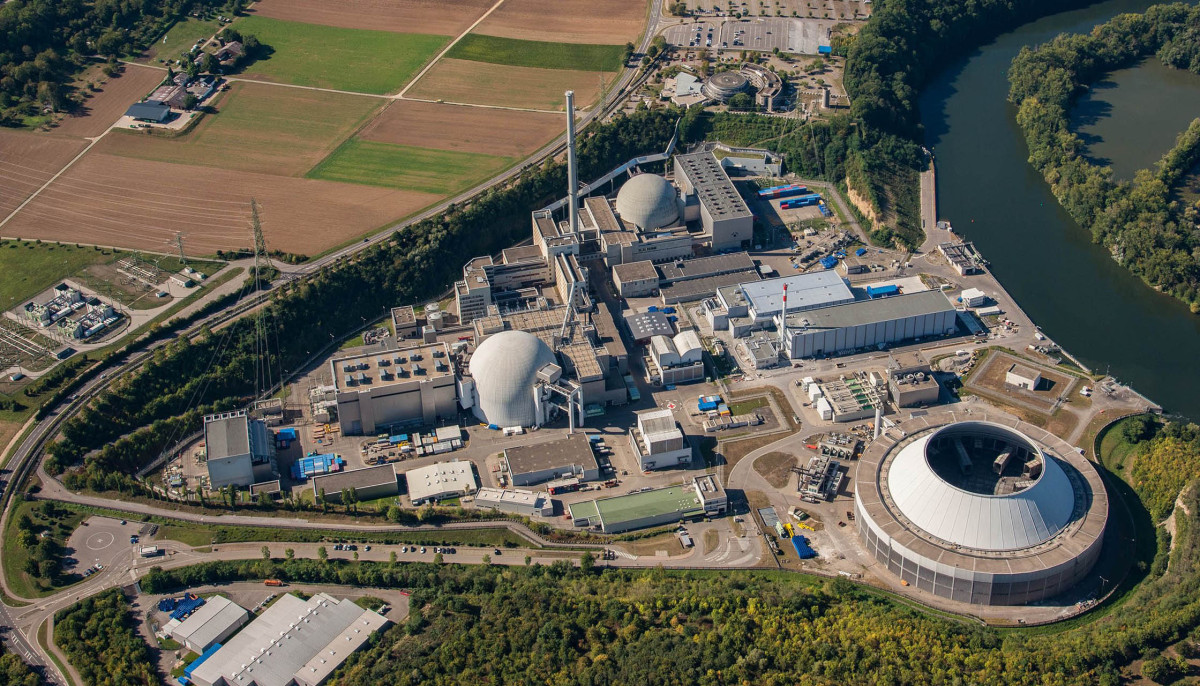
The era of nuclear power in Germany ended on 15 April as planned, the country’s environment minister has said. Minister Steffi Lemke stressed that the phase-out would not endanger the power supply security in Germany or other countries, arguing that ending nuclear power will ultimately make the country a safer place. However, despite nuclear power production in Germany coming to an end, the risk of nuclear accidents remains due to the ageing reactor fleet in neighbouring countries and previously “unthinkable” threats such as sabotage or war-related damage to reactors in Ukraine, Lemke said. The renewable power industry welcomed the nuclear exit’s completion, stating that wind and solar power are ready to replace the reactors, whereas a survey suggests most people in the country appear to be sceptical whether the energy system is ready to run without them.
Read the article here.
Q&A: Why is Germany phasing out nuclear power - and why now?
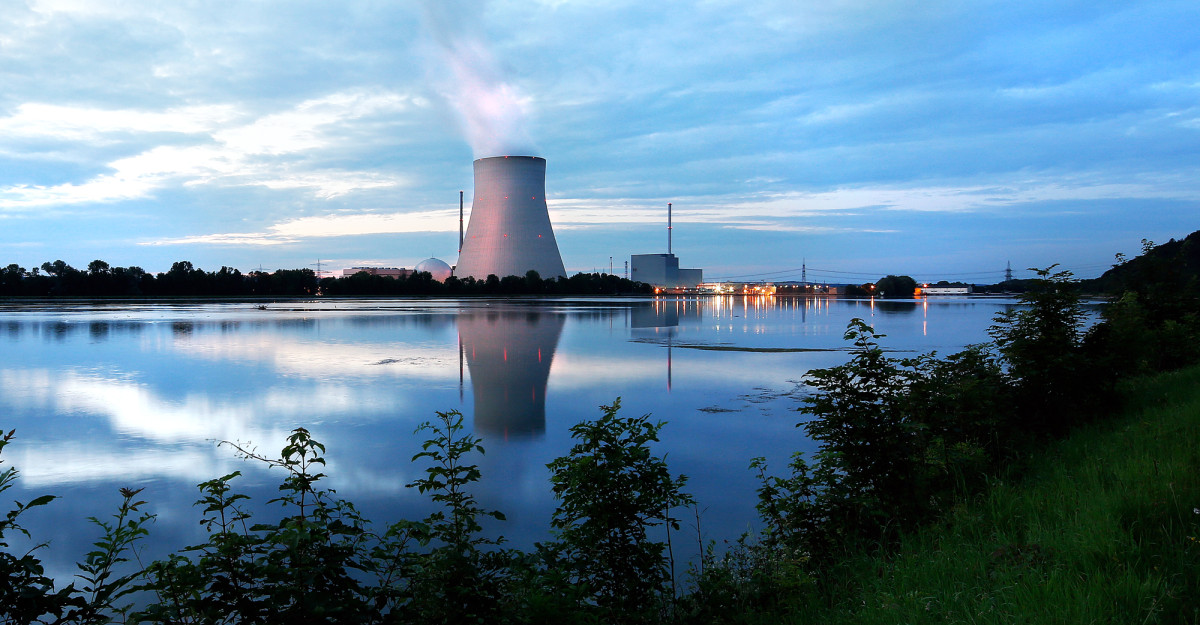
Nuclear power production in Germany came to an end on 15 April 2023, marking a milestone in the long and controversial process of the technology's phase-out in the country. Europe’s energy crisis, fuelled by the fallout of Russia’s war against Ukraine, had sparked a fresh debate about nuclear power's future, but ultimately the remaining three reactors' runtime was only extended by three months to support the electricity system. The phase-out, which was endorsed by consecutive governments, is criticised for complicating the country's path to climate neutrality by 2045. Proponents argue the technology can deliver energy reliably without causing direct emissions at a time when fossil energy use needs to be reduced as fast as possible - and renewable energy sources such as wind and solar PV cannot yet fully support the country’s electricity needs. So what are the reasons for Germany's phase-out decision, and how will it affect the country’s CO2 footprint, energy mix, and supply security?
Read the Q&A here.
Factsheet: After the phase-out - Germany grapples with nuclear legacy as waste challenge remains
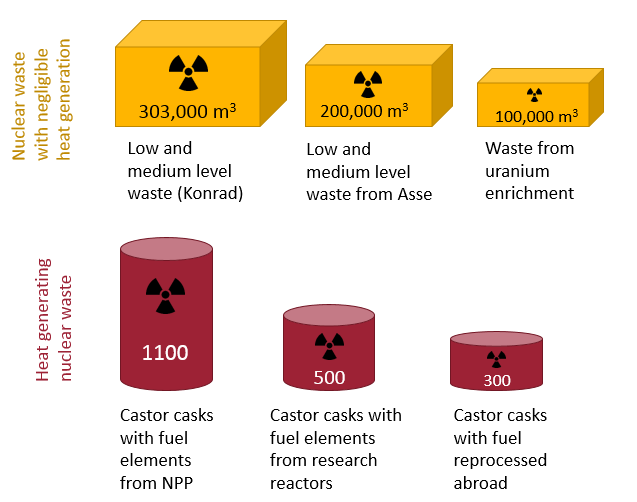
Even after the last remaining reactors are shut down, the chapter of nuclear energy in Germany is far from over. The power plants must now be dismantled, and questions over where to store the radioactive waste, and how long it will take to load a final underground repository, remain unanswered. The government originally aimed to find a location for a final repository for high-level radioactive waste by 2031, but the intricate, drawn-out process is set to take decades longer.
Read the factsheet here.
Factsheet: The history behind Germany's nuclear phase-out
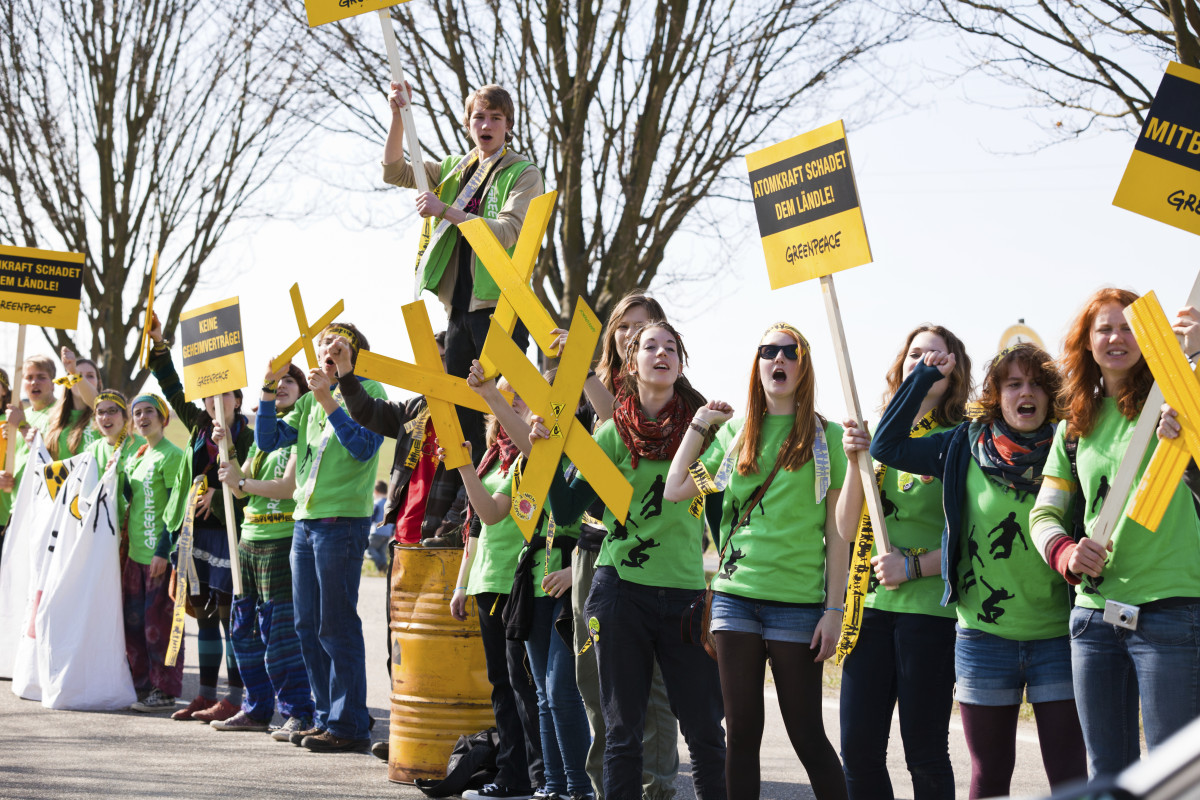
The nuclear phase-out is as much part of the Energiewende (energy transition) as the move towards a low-carbon economy. Despite ongoing quarrels over its costs and an international perception that “German angst” caused the government to shut down reactors after the Fukushima accident, a majority of Germans is still in favour of putting an end to nuclear power.
Read the factsheet here.
Still relevant - Background article: Pulling the plug on nuclear
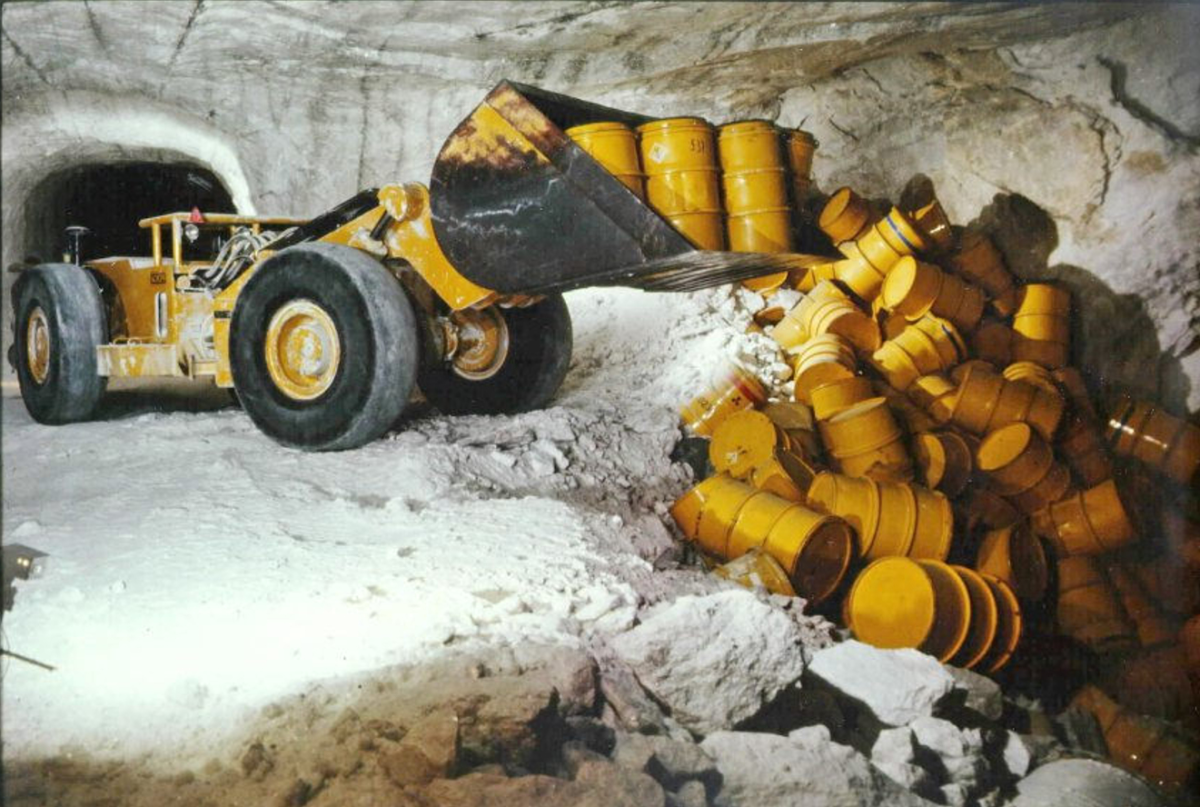
The question is no longer whether Germany’s future will be nuclear-free – or even when, since the government is committed to completing the phase-out by 2022. But the logistics of pulling the plug on what was until recently one of the country’s primary sources of power are proving an immense challenge for this part of the country's Energiewende. Legal hurdles, decommissioning technicalities and above all the question where to store the radioactive waste and who will pay for it all, are the main issues at hand.
Read the article (from 2015) here.
